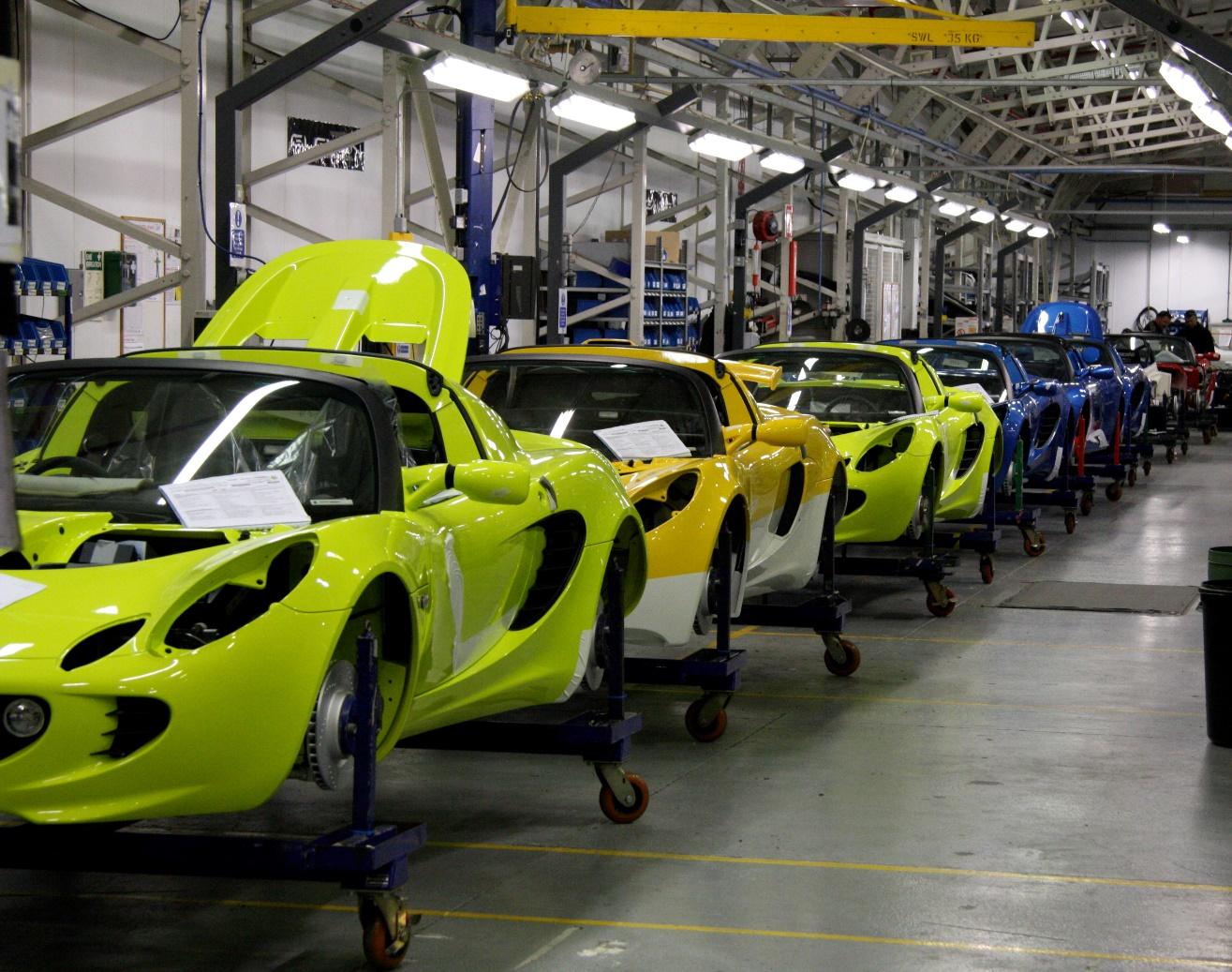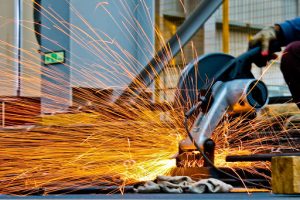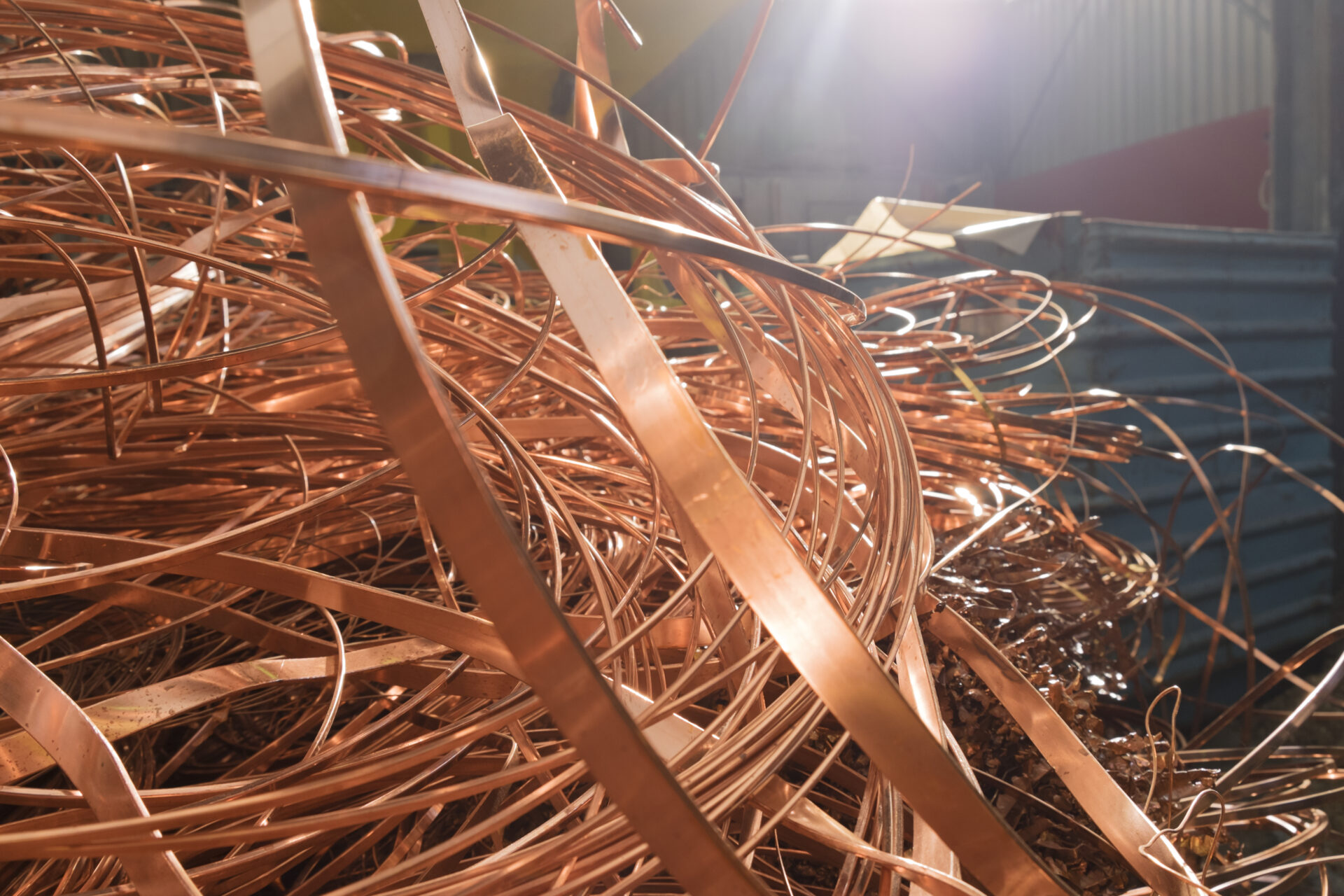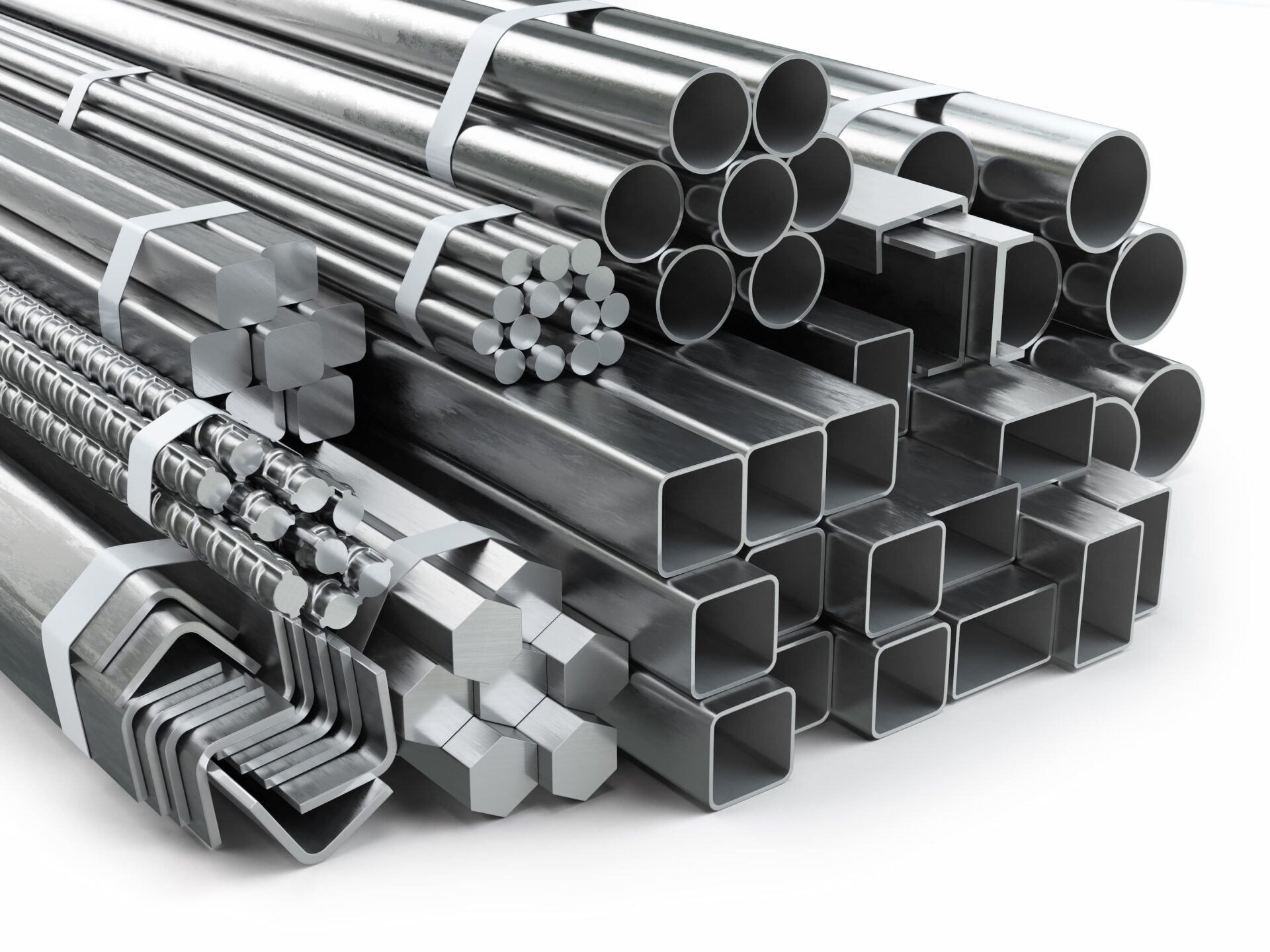

Industrial scrap metal recycling can positively affect businesses. Here’s how.
All metals have value, and that’s particularly true for scrap metal – which is far too often treated as “junk” to be disposed of. Far too many consumers and businesses don’t realize that metals can be easily recycled without losing value.
They might be surprised to learn just how many metals are commonly recycled today, and how valuable they are to manufacturers, including aluminum, steel and copper.
The global recycled metal market has expanded considerably in the past few decades, and industrial scrap recycling has emerged as a key component for major businesses looking to hold down costs by using recycled metals.
Today, there are a lot of industries that tend to produce scrap metal, from auto manufacturers to aluminum siding to ship and airplane building. And as scrap gets generated, it’s become more important than ever to raise our recycling rates for these used metals, in part to assist industries like steelmaking that are highly dependent on recycled scrap to maintain high and cost-effective production levels.
If you’re interested in becoming a scrapper who collects and sells metals, it’s important to know where scrap steel, aluminum and copper are easy to come by.
You might be surprised at how many options you have.
Scrap material can come from:
- Old buildings
- Bridges
- Automobiles
- Airplanes
- Appliances
- Home furnishings
- Construction sites
- And a lot of businesses in your local Yellow Pages.
What is Industrial Scrap Metal Recycling?


Industrial scrap metal recycling has played a crucial role in the success of top manufacturing companies and has for more than a century.
The ability to take “junk” and turn it into a ready-made product has been a major boost to, for example, the steelmaking industry, which is dependent on the scrap recycling industry to help create new items for manufacturing.
High production levels are possible because of scrap recycling, since purchasing recycled products is far less costly than having to get brand new metals by mining for virgin ore – a process that’s not only very expensive but also very costly and taxing on our environment.
Fortunately, today recycled scrap is being used more and more often on new consumer products.
According to the World Bank, Global GDP growth in the scrap metal industry was 3.0% in 2018, a steady increase since 2015, when it was at 2.4%.
In 2017, total economic activity generated by scrap metal recycling in the U.S. increased to $117 billion, while this industry has created more than 534,000 jobs.
Economically, the scrap metal industry has been a global success.
The process of recycling creates zero degradation of the metal properties, so old discarded products can successfully be turned into raw materials for new products.
There really is a lot of value in these recycled metals.
And a lot of industries are generating scrap metal today – which can be recycled.
The auto manufacturing industry is one that generates plenty of leftover parts in their plants, and at the same time, so do auto body shops.
The manufacturers of ships and airplanes do the same.
The construction industry is also one of the most reliable sources for scrap metal, generating a sizeable amount of leftover metals used in the construction of new homes, offices and other buildings.
Roofing companies deal in metal roofing sheets, while the makers of electrical supplies use metal in cabling, transformers, and connectors.
Both generate a lot of scrap.
In fact, industries that create products for your home, from appliances to home furnishings to canned foods, also deal with a lot of scrap throughout the manufacturing process.
That includes food packaging companies and manufacturers of home cookery items or any furniture made with metals.
And collectively, these industries generate a lot of scrap, including:
- Iron
- Steel
- Aluminum
- And copper scrap.
Since scrap is a commodity that can be used over and over again, the scrap metal recycling process allows these metals to get sorted, baled for shipment, shredded, and then melted.
The end result is a product ideally suited for manufacturers.
And every time we recycle, we contribute significantly to our environment.
Why Is Scrap Recycling Important for the Environment?


Just as industrial scrap recycling plays an important role in our economy by providing manufacturers with metals needed for production, it’s also important to keep that scrap out of landfills, since metals contain toxins like mercury and lead that can contaminate the soil and water there.
But it’s also important that leading manufacturers continue using recycled metals rather than relying on the creation of virgin metal. Doing so results in a huge reduction in energy consumption.
Recycled aluminum requires 95 percent less energy, recycling copper needs 90 percent less, and recycling steel uses 56 percent less than mining does.
Overall, the scrap metal industry helps reduce the energy requirements needed to produce new raw materials for construction.
Scrap recycling cuts down on the utilization of landfills, contributes to reducing waste, and eliminates the destruction of habitats from mining operations.
The scrap metal recycling process involves numerous steps, starting with collection.
And scrappers can target a growing number of industries today that are guaranteed to generate more scrap.
Where Can You Find Opportunities to Gather Scrap?
If you’re looking for scrap, think about industries that use plenty of metal. A good example is home repair work.
If you have centralized heating and air conditioning, the units providing that air eventually wear out and need to be replaced.
Companies doing that work often generate a lot of recyclable material. The unit’s outer body is typically aluminum, with copper pipes circulating through it. There’s a lot of copper, electric motors and steel that come out of repair work done while crawling under houses or in tight attics.
You may also have copper pipes in your home or office that need to be replaced, which are a source for a significant amount of scrap copper pipes.
Plumbers frequently deal with broken cast iron pipes and copper lines as they install or replace faucets, toilets, tubs, and hot water heaters.
Electrical wiring is also a good source of scrap metal. Scrap is generated by electricians when pieces are cut, thereby producing small amounts of scrap wire.
Those clippings can add up to a significant amount of copper.
The same is true for companies that replace doors and windows. Storm windows are often made with aluminum frames, generating scrap aluminum when they get replaced. The entire frame of a screen door can be made of aluminum.
In addition, general contractors are a good source for generating scrap, but so are auto mechanics, who deal with a lot of scrap as they fix cars, dealing with everything from aluminum rims to alternators, starters, and catalytic converters. Machine shops and fabricators also deal with a lot of aluminum, stainless steel, and other metals.
Industrial Scrap Metal Recycling Solutions
Today, a lot of industries are generating scrap that’s being set aside as “junk,” even though that scrap can be successfully recycled and used to make new products. Because metals can be used repeatedly, a lot of important industries rely on recycled metals as the source for production materials.
And we all need to work hard to ensure that continues to be the case.
As consumer demand for new products increases, there’s also a growing need for more metals, which is why there’s a need for more industrial scrap metal recycling and consumers and businesses to bring their used scrap to an experienced firm like GLE Scrap Metal, which performs environmentally-friendly processing and recycling of all base and precious metals.
This family-owned and operated business will purchase, process, and re-integrate all recyclable base metals, which are supplied to domestic mills and global end-users to be transformed into new products.
To learn more, call GLE Scrap Metal at 855-SCRAP-88 and request a quote.



